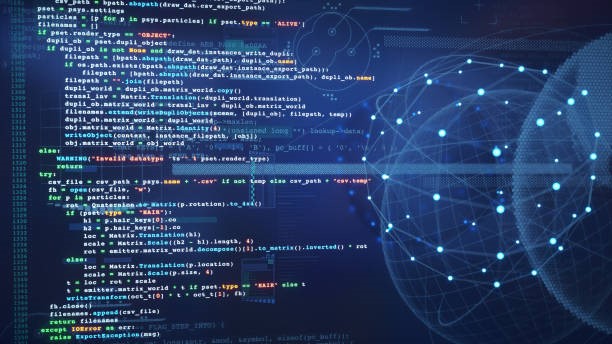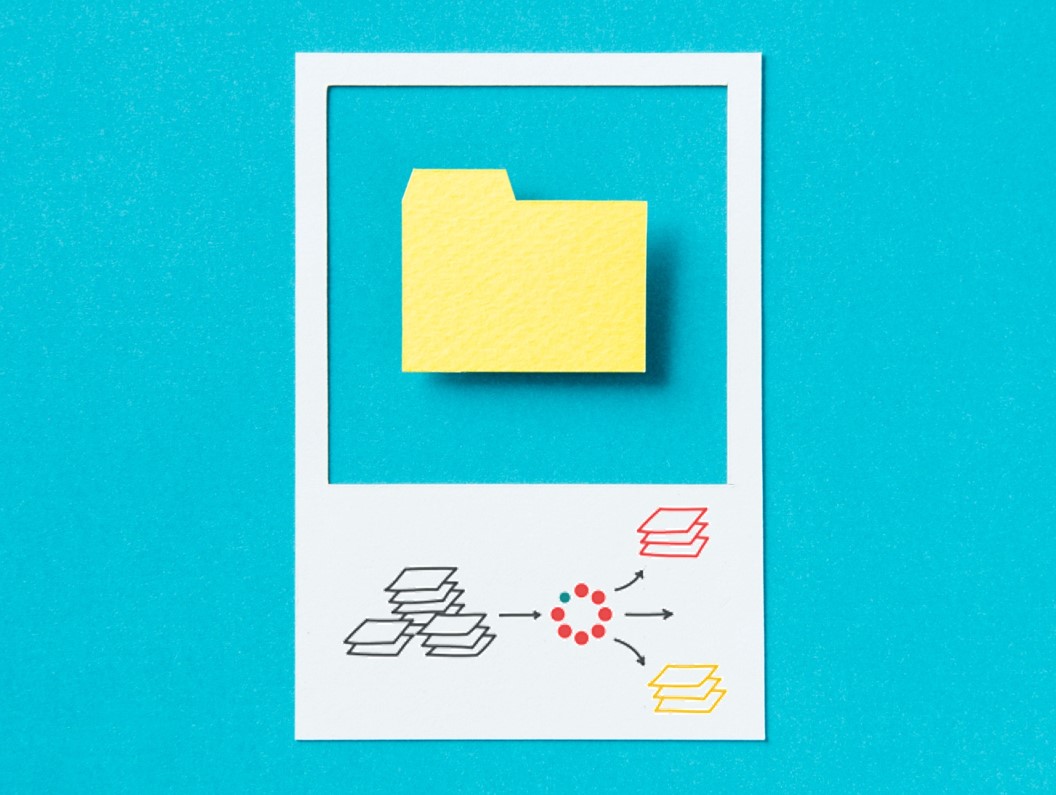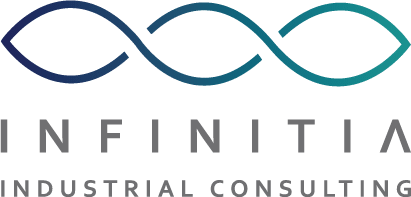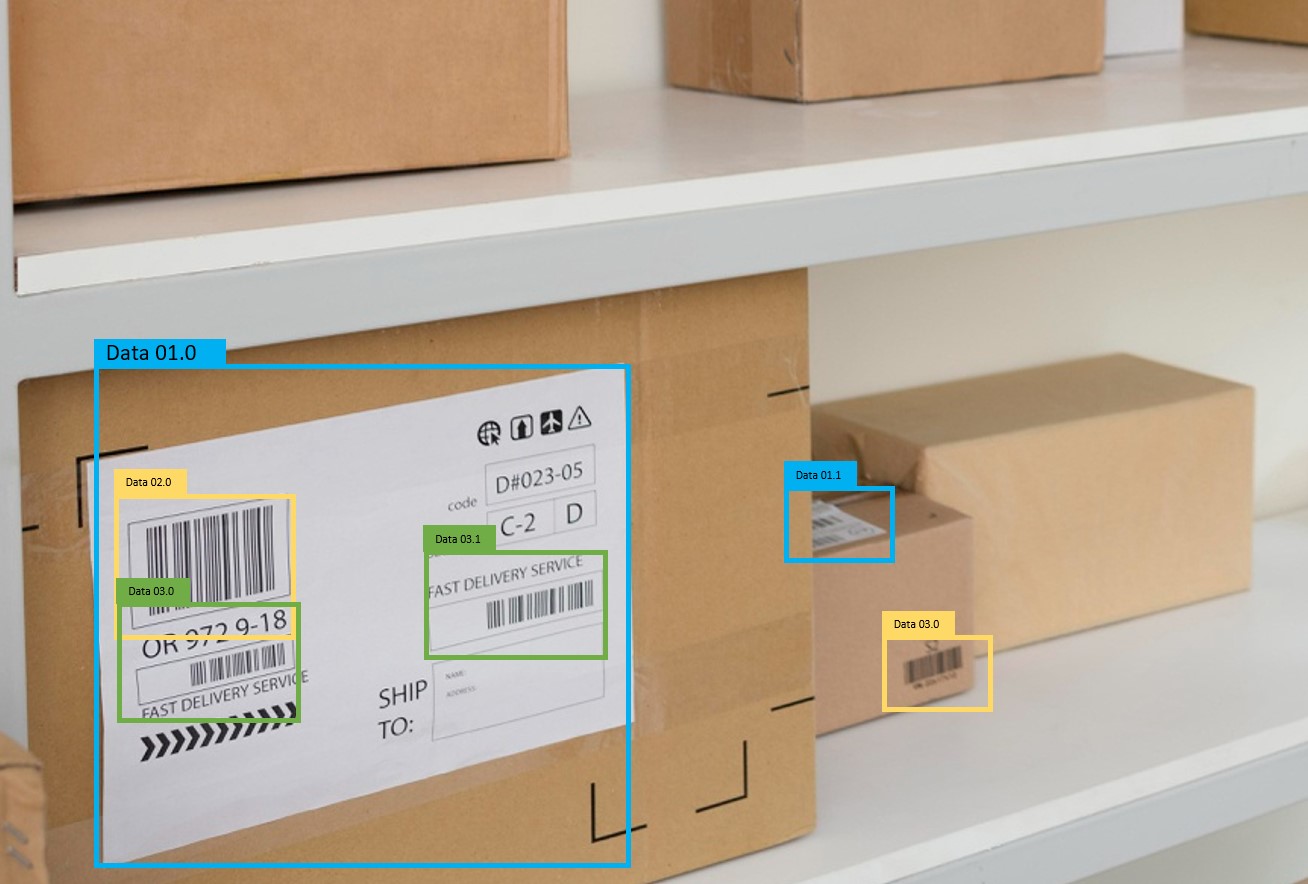What was the challenge or problem to solve?
In the industrial sector, handling large volumes of documents such as delivery notes is both costly and tedious. This task necessitates a system for the automatic classification of delivery notes.

Our client, a company with a high frequency of material reception from various suppliers, faced the challenge of daily classification of these documents to process them in their management platform. Each delivery note, containing details of the supplier, recipient, and order, required a method that would surpass the slow and error-prone manual classification process.
The objective of this project was to develop a computer vision system that, through the use of deep learning, could automate the classification of delivery notes by supplier. This system not only needed to be efficient in recognizing the various formats and designs of the delivery notes but also had to achieve a classification success rate close to 99%, ensuring near-total reliability in its performance.

The solution to this challenge began with a detailed study of the use case. The product development team at INFINITIA held meetings with the client to specify the requirements and determine the technical needs of the system. Suitable neural network models were selected after a comparative analysis, and a proof of concept was developed to assess the project’s feasibility.
Subsequently, the necessary software for the task was developed. This included modules for pre-processing photographs of the documents to be analyzed, converting them into images that could be processed by the computer vision system. Using Python, a leading language in the field of artificial intelligence, and specialized libraries such as TensorFlow and PyTorch, the deep learning architecture that would underpin the automatic classification was built.
The complete system was installed at the client’s facilities, where final adjustments were made to ensure compatibility and proper functioning of the software. The final deployment included exhaustive tests to validate the system’s effectiveness, which confirmed that the system not only met the established classification requirements but also significantly optimized the administrative process.
This comprehensive approach not only simplified a critical operation for our client but also demonstrated the potential of these technologies to transform entire industries.

